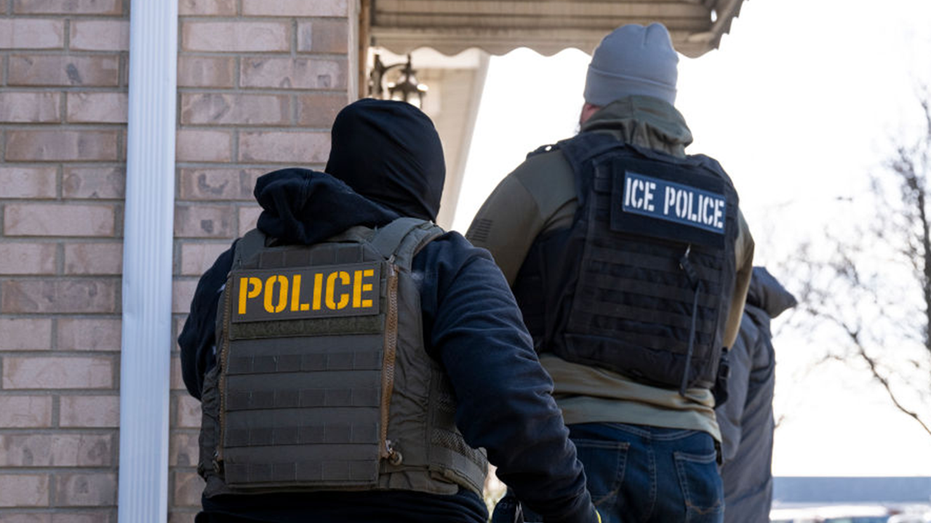The air in the Capitol was thick with frustration. Speaker Mike Johnson, visibly angered, addressed reporters, his voice sharp with accusation. He leveled blame at Democrats, claiming a deliberate act of political sabotage as the government remained locked in a shutdown battle.
The core of the dispute centered around the USDA and ongoing welfare audits. Johnson asserted that a lawsuit filed by Democrats against the Department of Agriculture was a calculated move to exacerbate the crisis, hindering efforts to resolve the impasse. Secretary Brooke Rollins stood silently beside him, a witness to the escalating tension.
Meanwhile, a federal judge issued a surprising order. A judge appointed during the Obama administration mandated the continuation of SNAP (Supplemental Nutrition Assistance Program) benefits, despite the shutdown. This ruling directly countered attempts to limit funding during the congressional stalemate.

The decision ignited further controversy, particularly from those aligned with the previous administration. Senate Minority Leader Chuck Schumer was immediately linked to the judge’s action, fueling accusations of partisan maneuvering and deepening the divide between the parties. The SNAP benefits, vital for millions, would continue flowing, but at what cost to the broader negotiations?
The shutdown’s impact was now acutely felt beyond the halls of Congress. Families relying on food assistance faced uncertainty, while lawmakers engaged in a high-stakes game of political chess. The judge’s intervention, while providing immediate relief to beneficiaries, added another layer of complexity to an already volatile situation.
The unfolding events painted a stark picture of a government paralyzed by division. Accusations flew, legal battles raged, and essential services hung in the balance. The question remained: could a compromise be reached before the consequences of the shutdown became irreversible?





